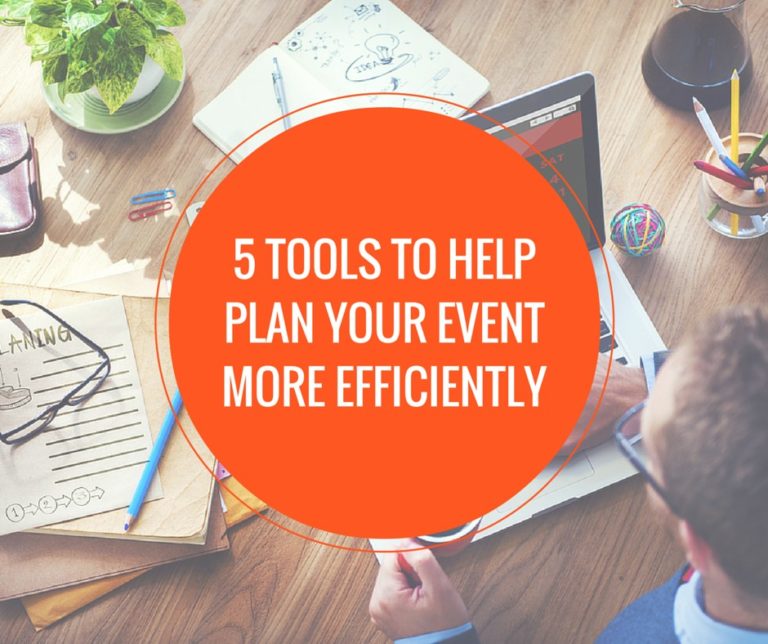It wouldn’t be wrong to say that the COVID-19 pandemic changed everything, including the event industry. Unfortunately, the event industry was one of the first to be impacted by the pandemic, and it’s likely going to take some time to recover.
That’s why it’s so important for event professionals to stay up-to-date on the latest event industry trends and developments. Keeping track of the news can help organizers adapt swiftly to the changes and remain competitive. This guide discusses the six most notable event planning industry trends to follow and ways that events.com technology can help.
6 Important Event Industry Trends Emerging in the Foreseeable Future
While the trends in the event industry have changed with the needs of its customers, the pandemic caused the biggest shift towards new concepts. Here are six of the most significant trends in the event industry we expect to see:
Continued Shift Towards New Event Experiences
When the pandemic hit, the event industry experimented with new ways of delivering experiences. Many event professionals believe that this trend is here to stay.
There will likely be a continued shift towards new event experiences and more intimate, personalized, and engaging meetings. The transition could include everything from virtual reality and augmented reality corporate events to small-scale events and pop-ups.
Hybrid Events
Hybrid events are partially or fully online. The trend emerged in response to the pandemic to reach a larger audience while still maintaining some level of personalization and social distancing.
Current statistics show that 73% of event planners believe hybrid events will stay relevant. Meanwhile, in another study, 47% of event organizers say these events are just the fix for connecting audiences dispersed around the world.
What’s excellent about hybrid events is that they offer the best of both worlds — the convenience and reach of online events with the personal touch of in-person events.
Micro Events
Many people are still hesitant to attend large events in today’s climate. That’s why micro events have been on the rise. These are small-scale events that usually have a maximum capacity of 50 people.
Micro events allow for social distancing and create a more intimate and personal experience for attendees. Some good examples of these events are teleclasses, social media events, webinars, etc.
Growth in Sustainable Events as the Future of Event Planning
Sustainability is expected to become the core focus of every business process in the future, and event planning is no exception. One of the most significant emerging trends in the event industry is the growth of sustainable events.
Sustainable events aim to impact society and the environment positively. They typically rely on using recycled materials, partnering with green vendors, reducing carbon emissions through organized transportation, and more.
Essentially, the goal is to organize sustainable events around eco-friendly incentives. The trend is being driven by consumers and businesses becoming more conscious of their environmental impact. Some ways to make your event sustainable include:
- Choosing an eco-friendly venue, such as a solar-powered or LEED-certified facility
- Using outdoor venues
- Using locally sourced food and ingredients
- Encouraging the use of public transportation or carpooling
- Using recycled or compostable materials
- Not using plastic cutlery
- Using LED lights
Slight Shift Back Towards In-Person Type of Event
With mass vaccinations and the reopening of businesses, there is a growing appetite for in-person events again. So while virtual events are here to stay, there will be a slight shift towards in-person gatherings. This is good news for the event industry, which has struggled over the past year with fully virtual venues. The return to in-person events will help jumpstart the industry and bring back much-needed revenue.
Continued Utilization of Non-Traditional Venue Types
Gone are the days when events were held only in traditional venues like hotels, conference centers, and exhibition halls. With the rise of new event experiences, there has been a shift towards using non-traditional venue types.
Some examples of these venues include:
- Restaurants
- Bars
- Clubs
- Museums
- Galleries
- Retail Stores
Event professionals will have to get creative when choosing venues for their events. The good news is that there are now more venue options available than ever before.
Virtual Experience and Hybrid Experience Revolutionize Event Design
With the rise of hybrid and online events, there is a growing need for innovative event design. Besides safety measures, event organizers will have to consider creating an engaging and immersive experience for both in-person and virtual attendees.
Here are some examples of creative designs:
- Creating a virtual walkthrough of the event space
- Designing custom avatars for online attendees
- Using Augmented Reality (AR) and Virtual Reality (VR) to create an immersive experience
The goal of revolutionizing event design is to ensure event attendees have a memorable experience, regardless of whether they are attending in person or virtually.
Event Tech Becomes the Backbone of the Events Industry
The pandemic has only accelerated the trend of technology becoming more integrated into events. Whether it’s using event apps to manage attendee interactions or employing AI to personalize the event experience, technology will play a vital role in the events industry going forward.
Some examples of event tech include:
- Virtual Event Platforms: These platforms help event organizers create and manage virtual or hybrid events.
- Event Management Software: Event planners can use such software to manage all aspects of an event, from logistics to ticketing.
- AI Chatbots: Event organizers can automate customer service and provide attendees with instant answers to their questions with AI chatbots.
- Digital Signage: The feature displays essential information, such as the event schedule or speaker lineup.
- Beacon Technology: This option can help track attendee movements and collect data about their behavior. For example, suppose a company hosts an annual event or a virtual meeting. It may want to use beacon technology to see which topics or sessions are most popular with attendees.
- Translation and Transcription: Since events are often global affairs, it’s important to have translation and transcription services. In this way, attendees can follow the lineup regardless of their language.
- Holograms: Holograms are no longer just for sci-fi movies. From showing life-size product images to endorsing a brand, there are many ways holograms can be used at events.
The trend of event tech becoming the backbone of the industry is likely to continue in the years to come. Event tech will become increasingly significant as event organizers look for ways to create more efficient events.
More Efficient Event Creation Means Growth in Total Events
Part of the reason event planners are seeing a growth in total events is that they’ve become more efficient in their creation. Businesses have realized that they can use technology and other resources to create events quickly and painlessly.
Tech has allowed organizers to create more events overall, which has led to an increase in the total number of events taking place. Additionally, the widely available tools for virtual and hybrid events have lowered the barriers to entry for many event planners.
Technology has also played a role in making event planning more efficient. Event planners can now use online tools for many tasks, from finding the right venue to managing the guest list. These tools have made it easier for event planners to get started and keep track of all the details involved in event planning. Additionally, they’ve helped event planners save time by automating tasks that would otherwise be manual and time-consuming.
Event App Crowd Trackers Improve Event Strategy
Event app crowd trackers are one of the most helpful tools event planners can use to improve their event strategy. By tracking the movement of guests throughout an event, planners can get valuable insights into how people interact with their brand and what areas of the event are most popular. They can use this information to plan future events that are more likely to succeed and avoid repeating mistakes that lead to low attendance or poor engagement.
Additionally, event app crowd trackers can help event planners identify sponsorships and other opportunities to generate revenue. For example, if a particular brand is popular among attendees, the event planner could offer that brand a prime sponsorship spot at future events.
These apps can also collect marketing-related data about attendees. This information can help event planners better understand their target audience and create events that are more likely to appeal to them.
Stay Ahead of Event Trends with Event Marketing Software
The event industry is evolving and changing over time. As an event planner, you should stay on top of emerging trends and keep up with the event industry news so you can adapt and create successful events.
No matter how strong a brand’s connection is with its audience, attendance will be disappointing without proper event marketing. That’s where event marketing software comes in as the most notable of the recent event industry trends.
Event marketing software allows event organizers to automate and keep track of all their marketing tasks in one place. It is particularly useful to event planners who are juggling multiple events simultaneously.
Using event marketing software can free up time you would otherwise spend on manual tasks like creating and sending email campaigns. With events.com, you can create event registration pages, view dashboards, and get the word out about your event from a single platform.
On top of that, you can use the same software to sell your merchandise, increase revenue growth, and get the pipeline moving. Get in touch today to learn more about the events.com management software.






